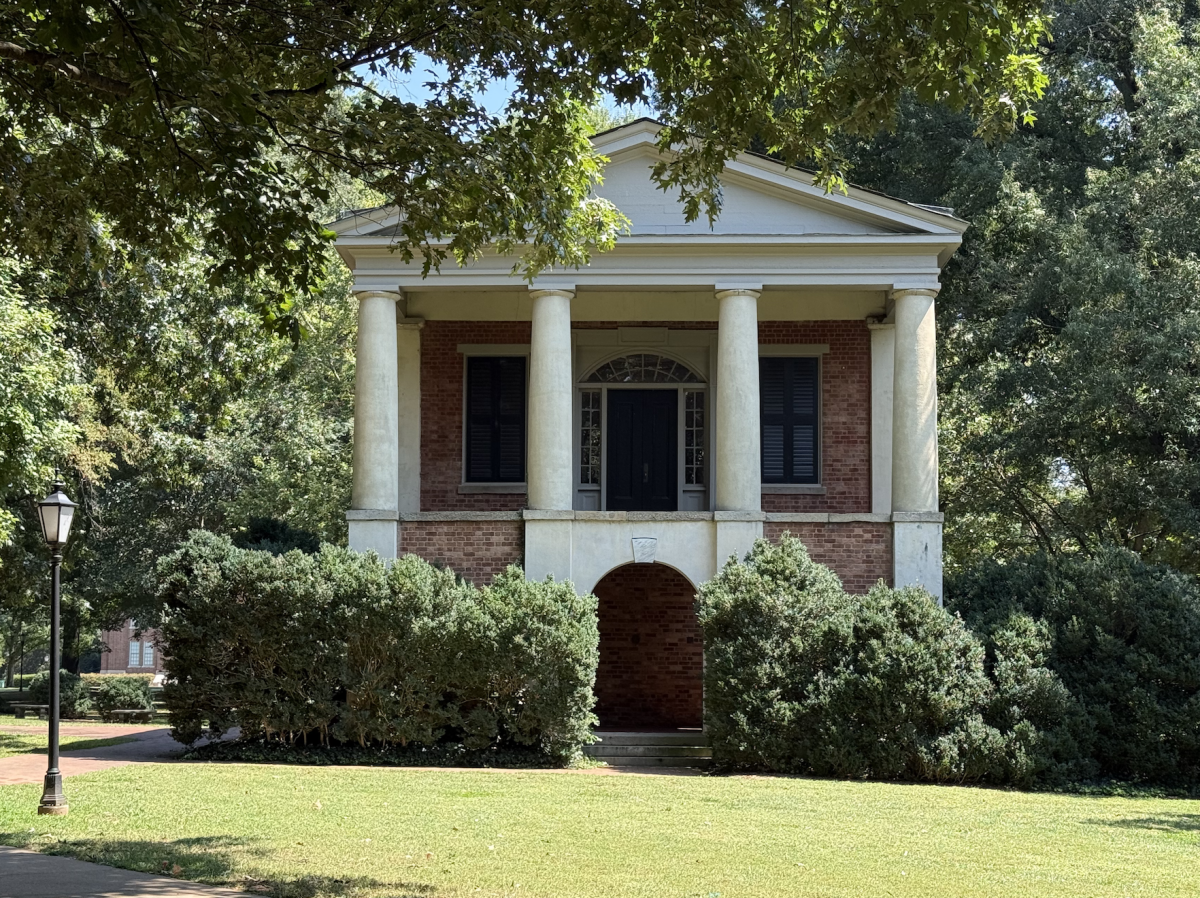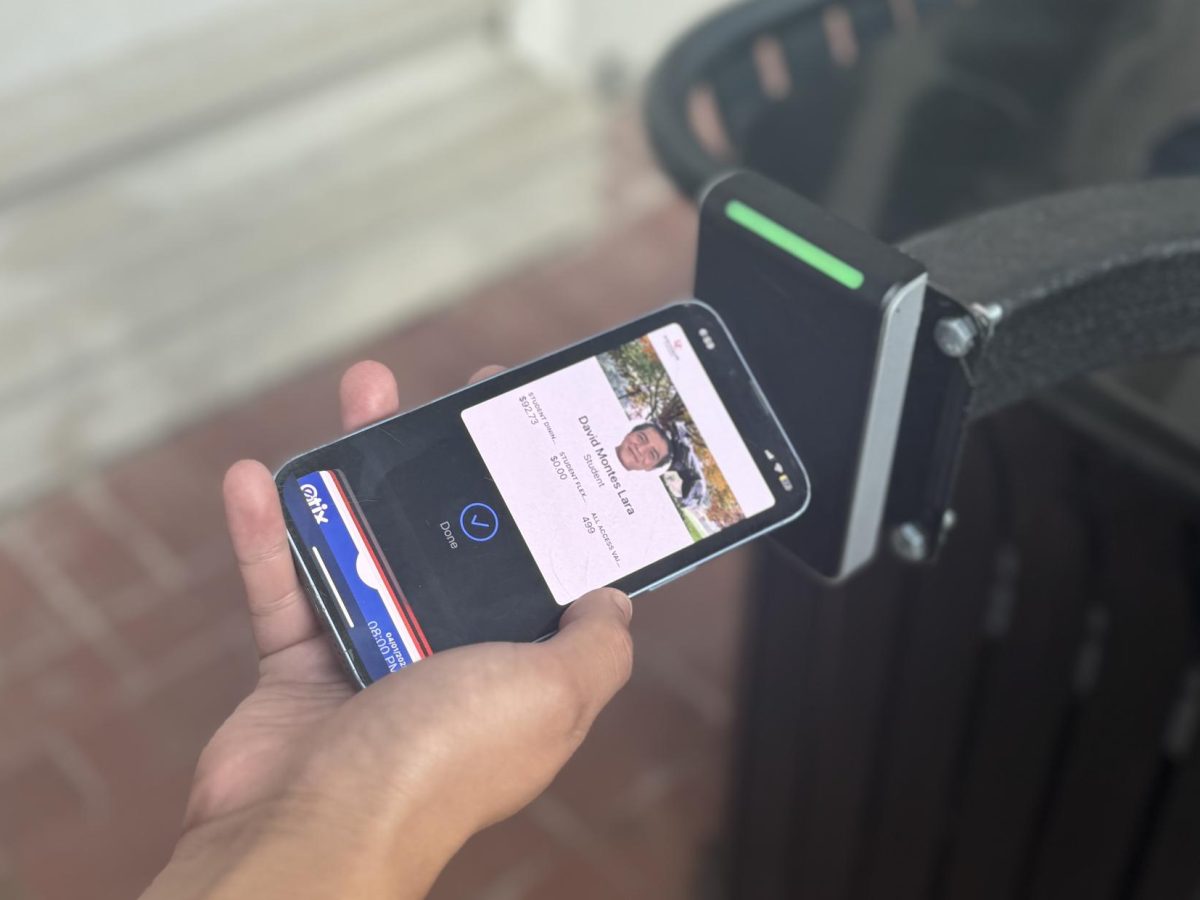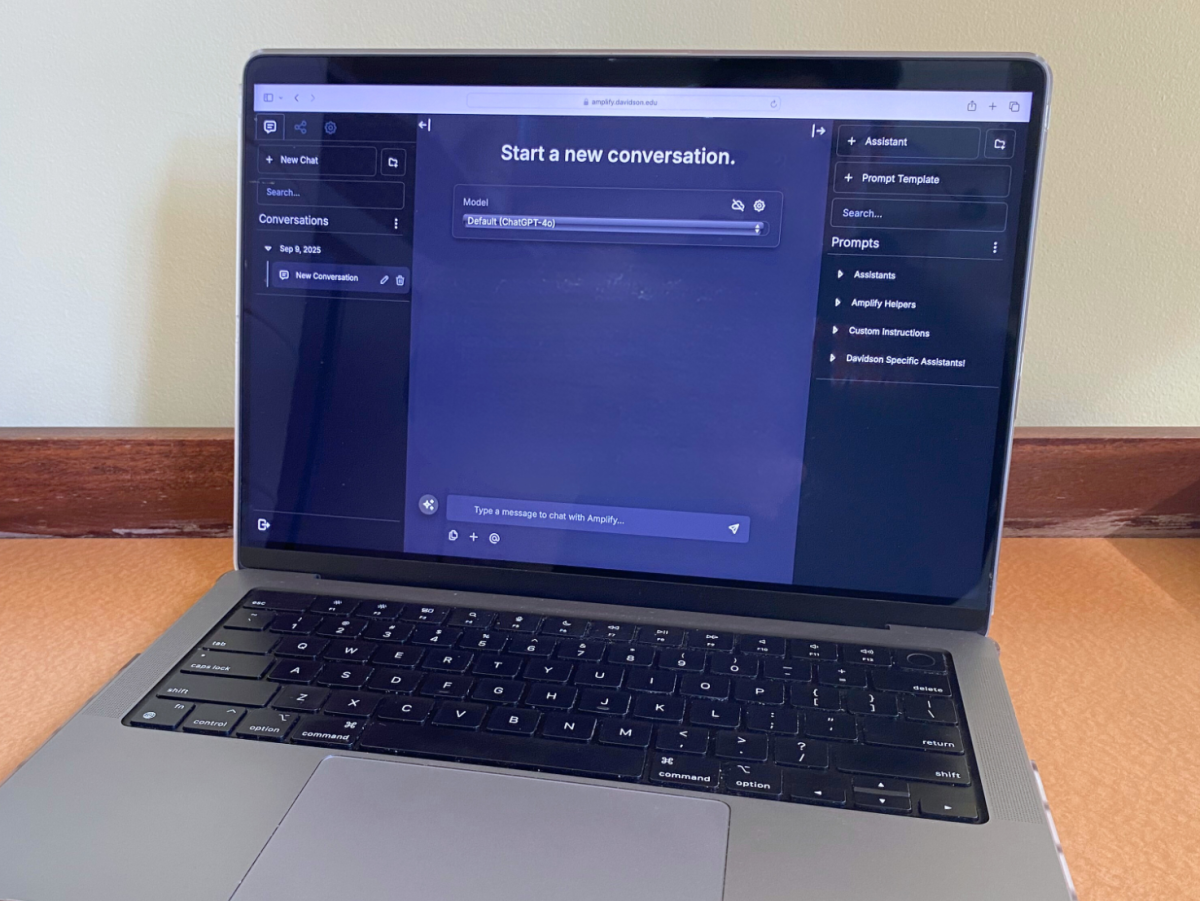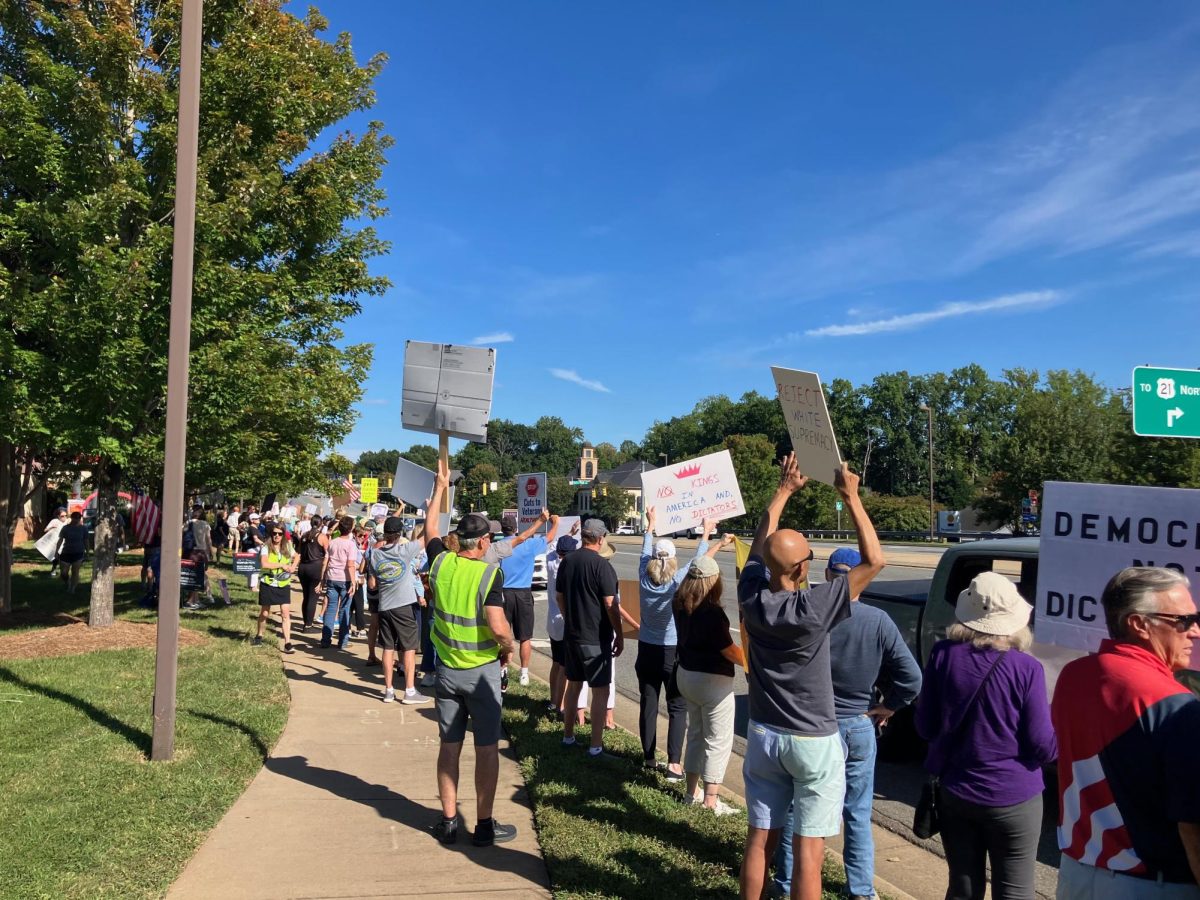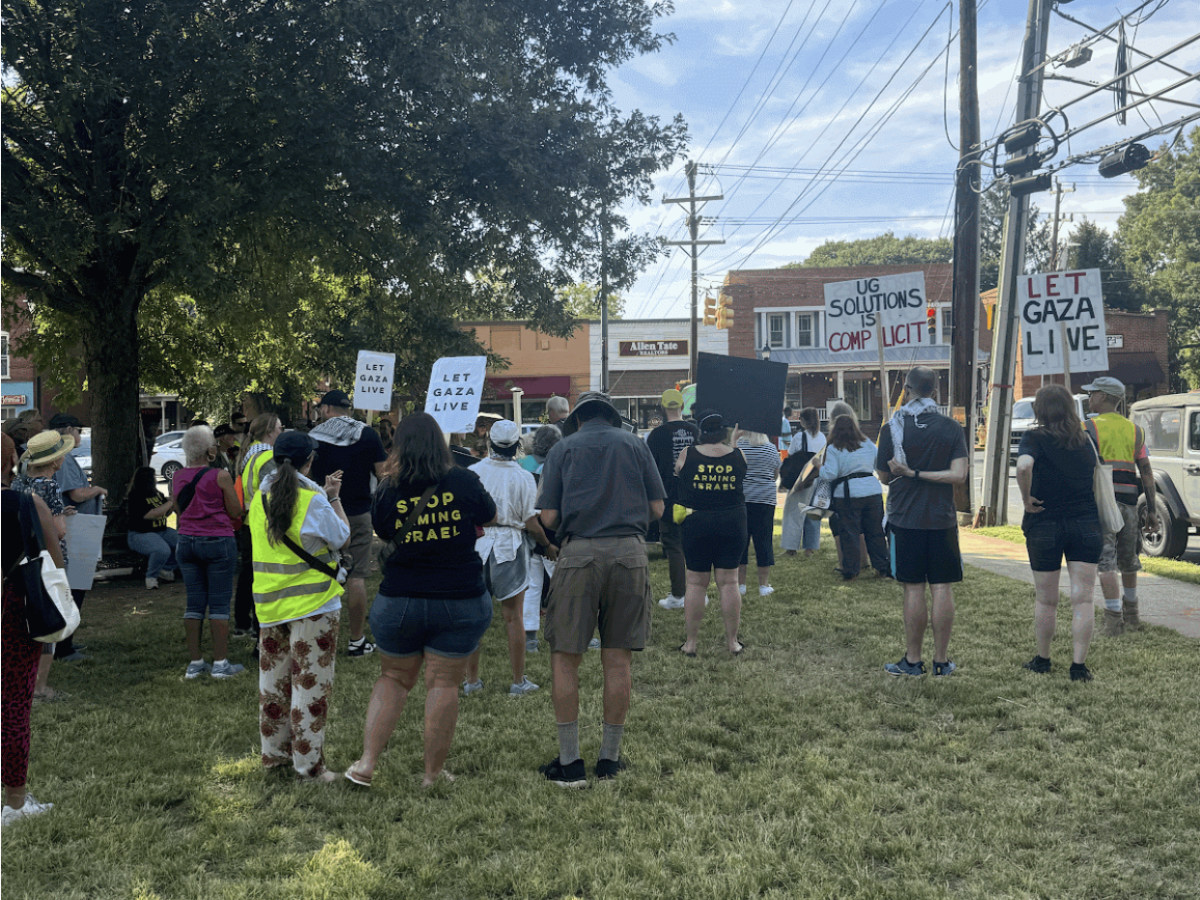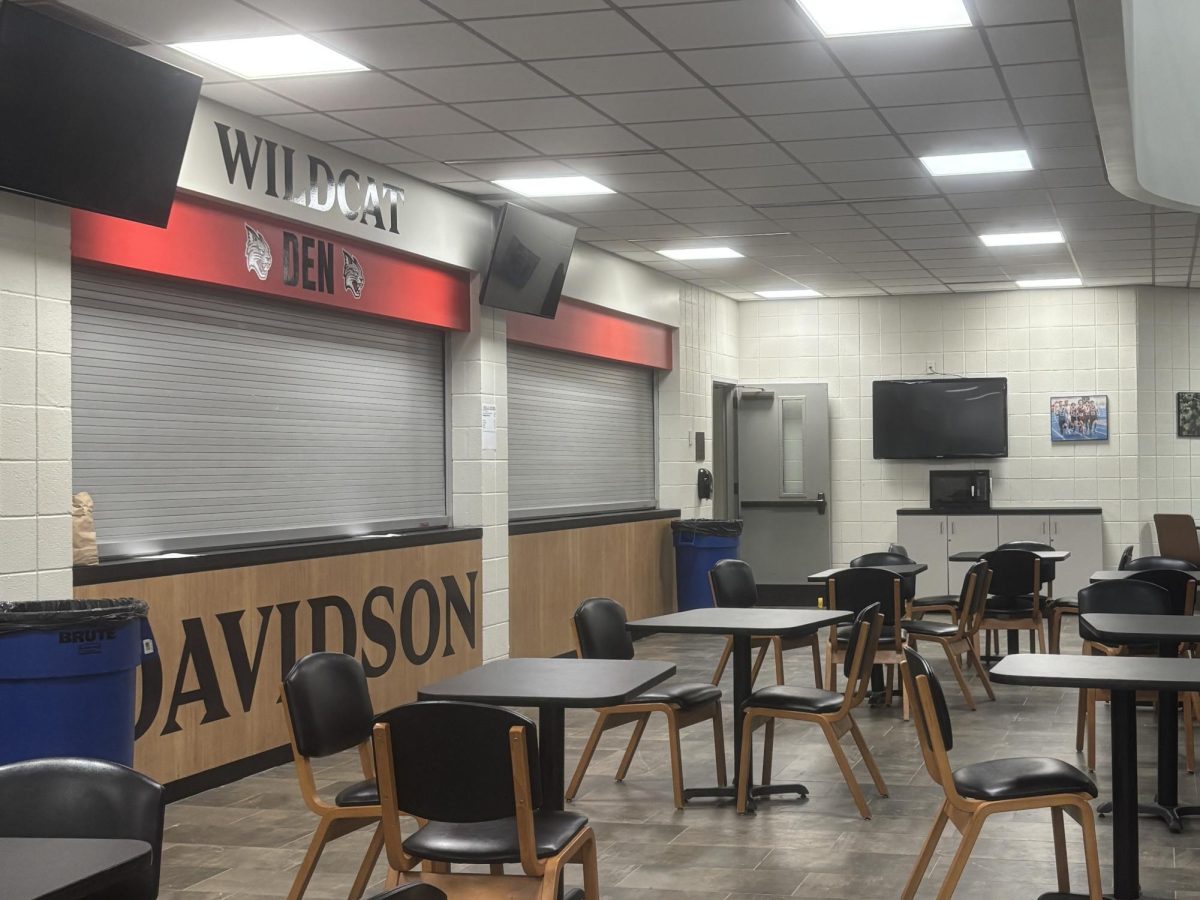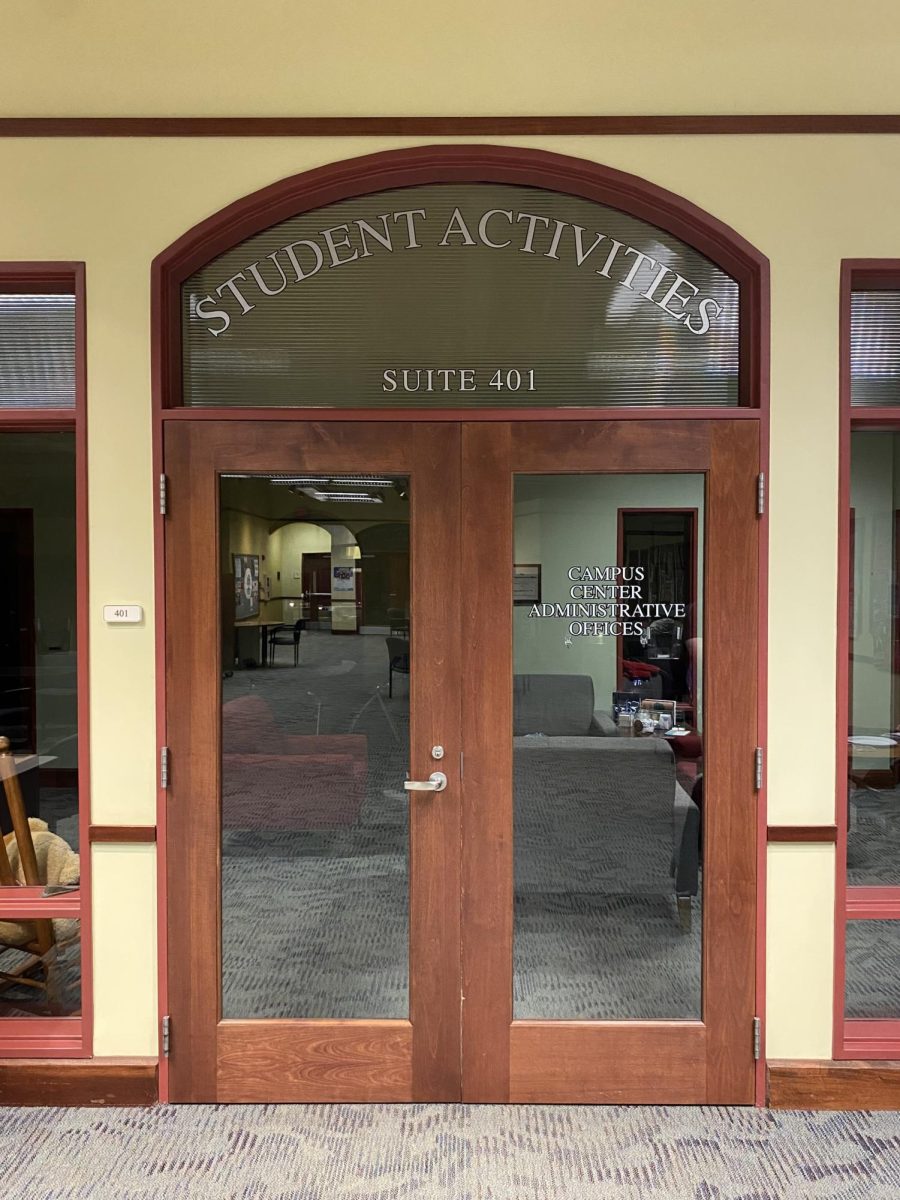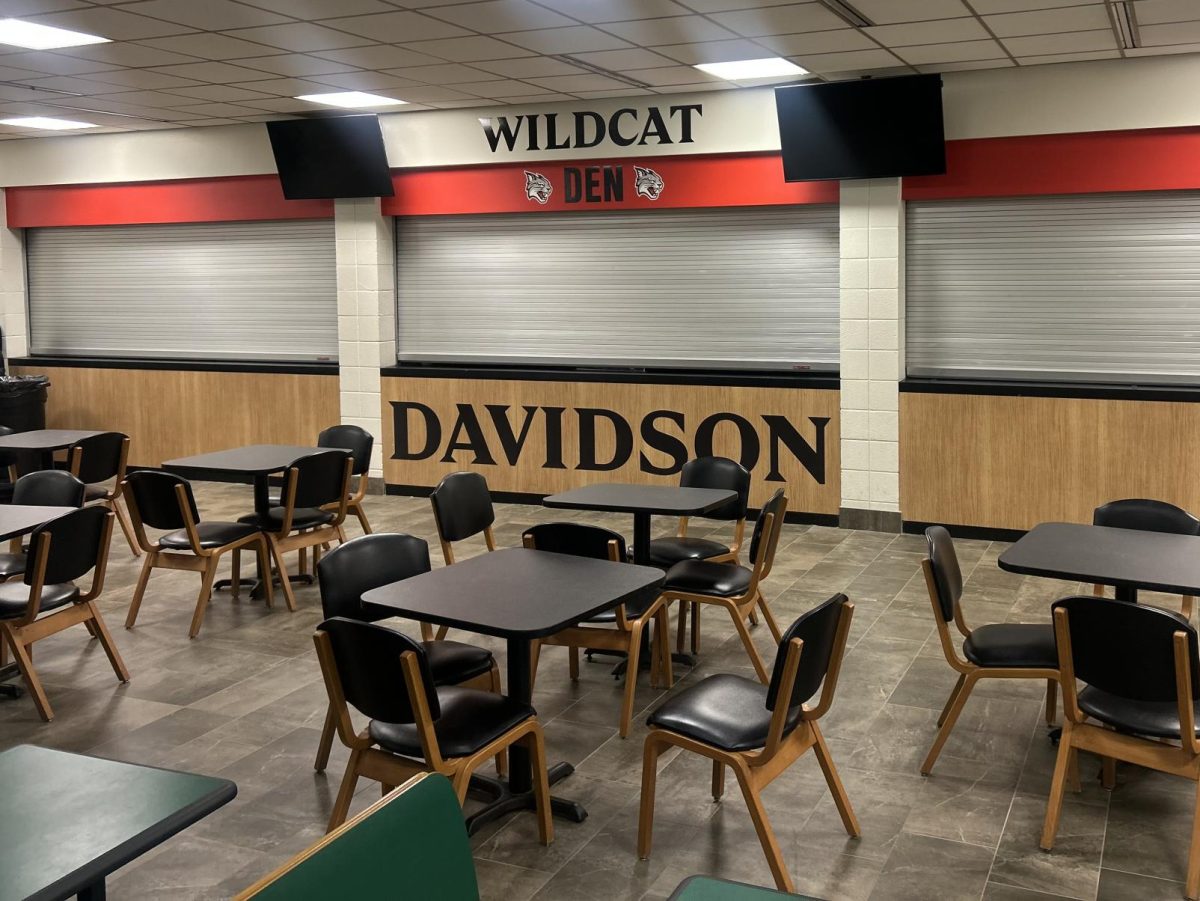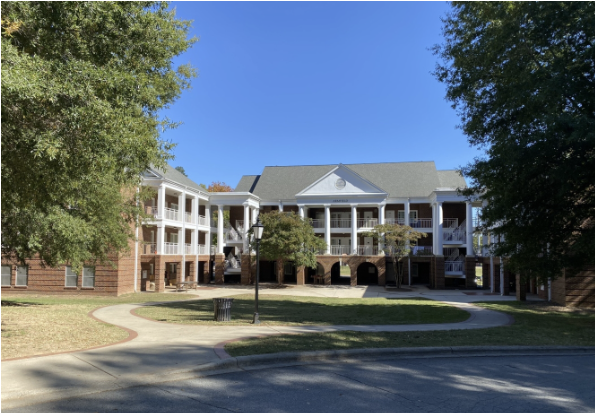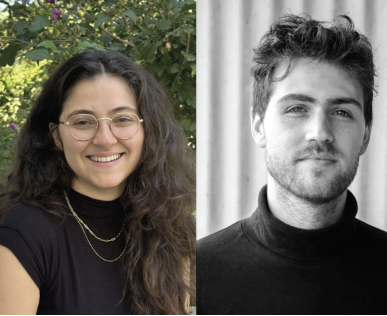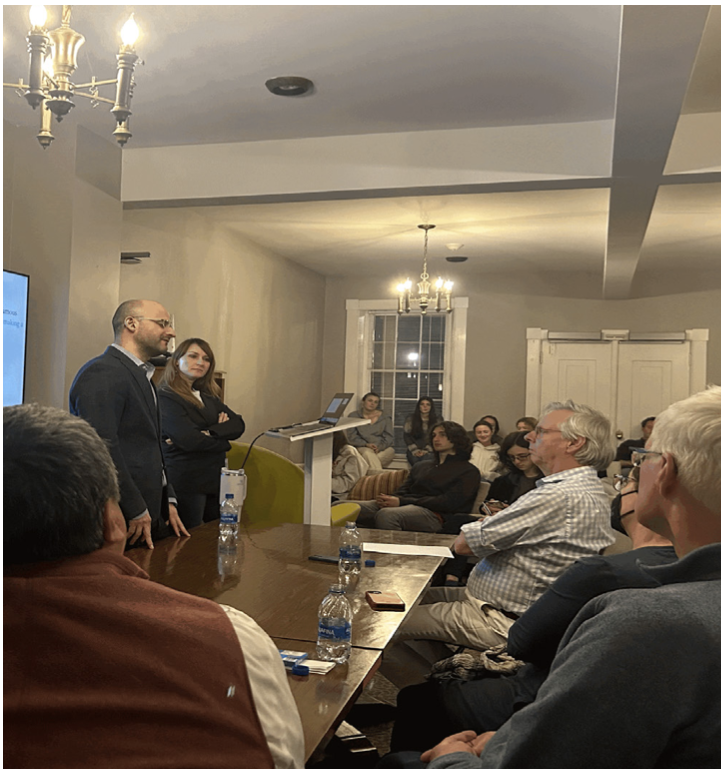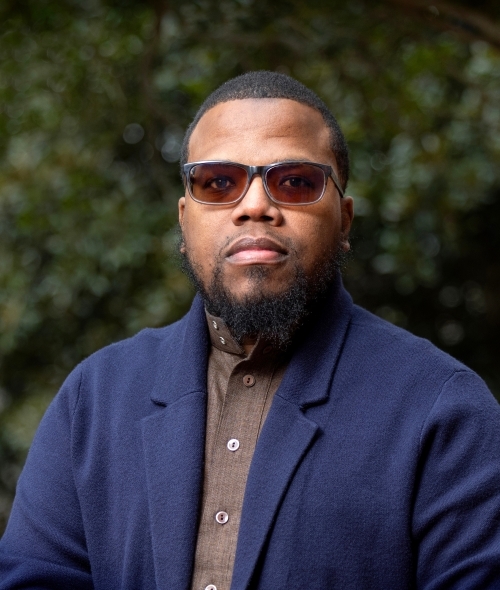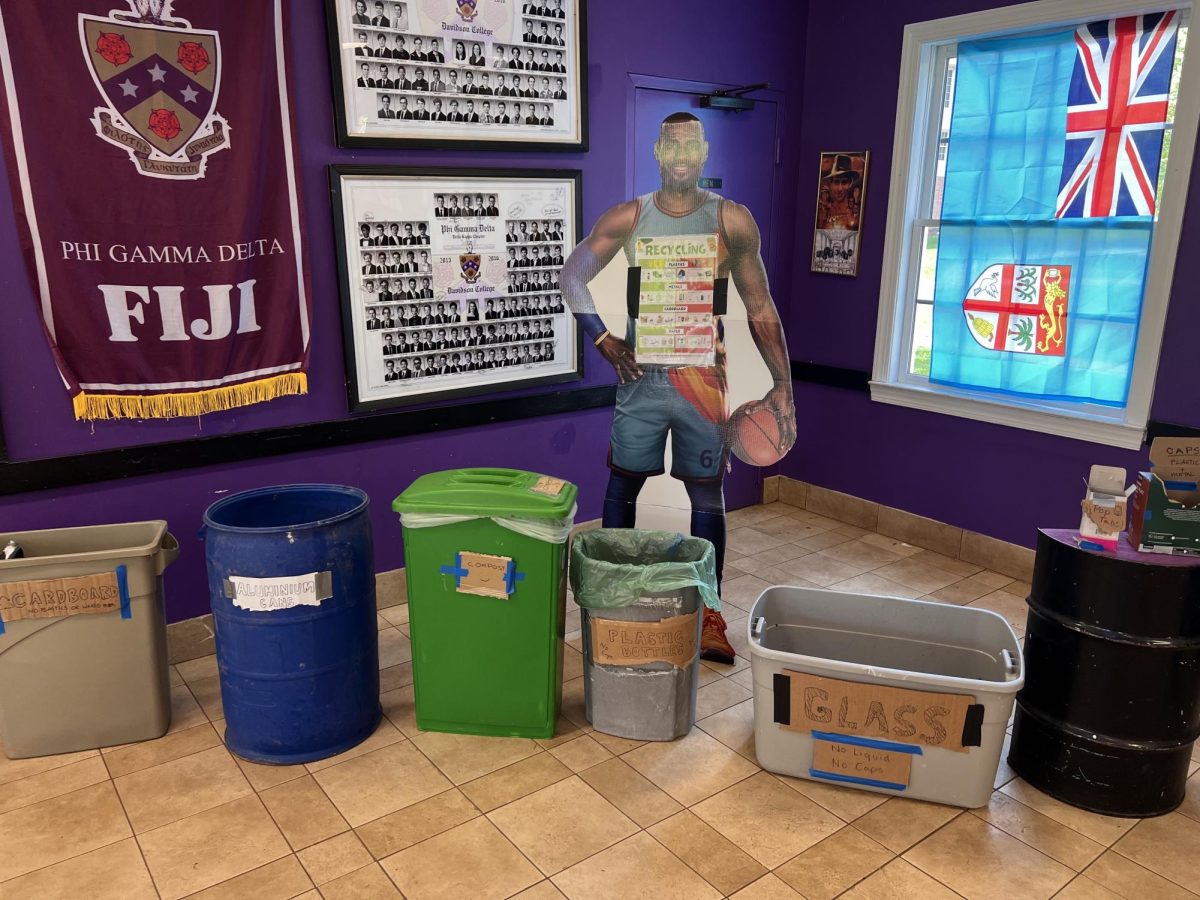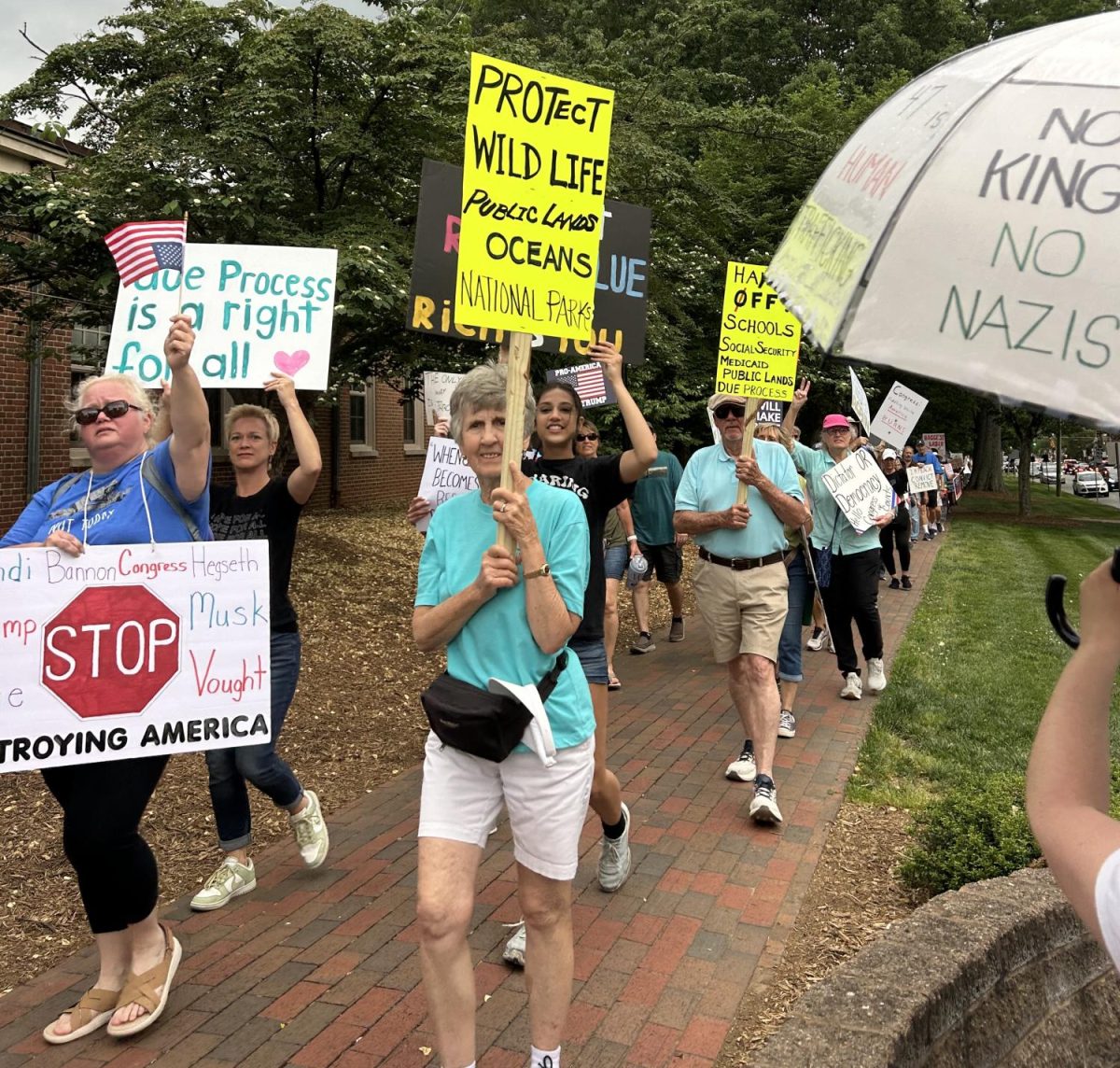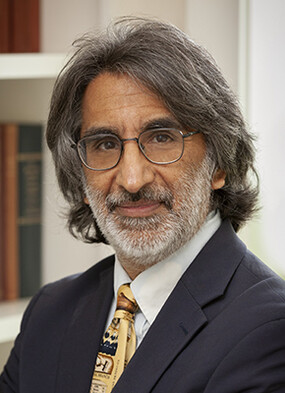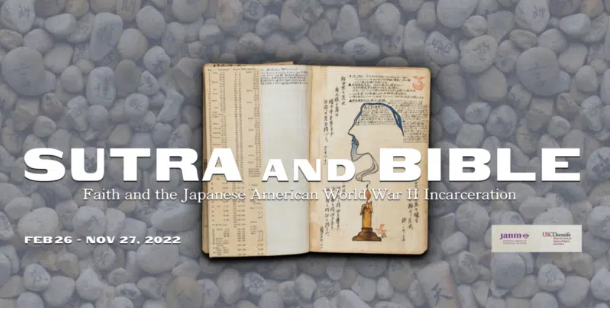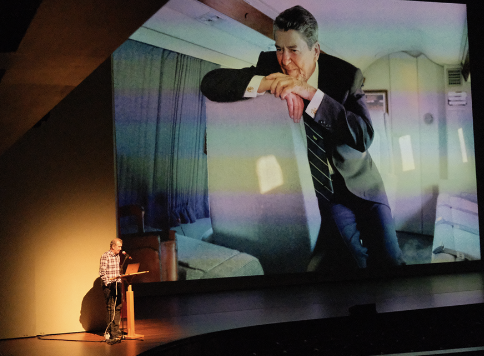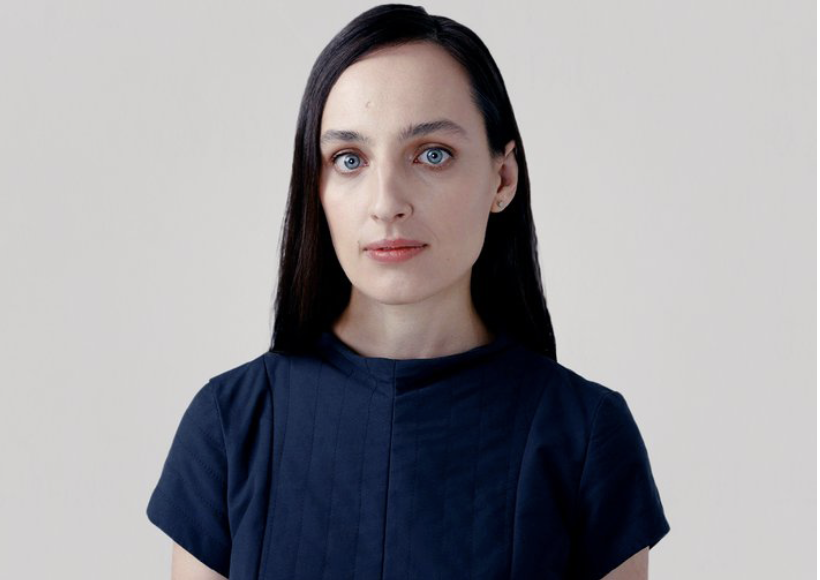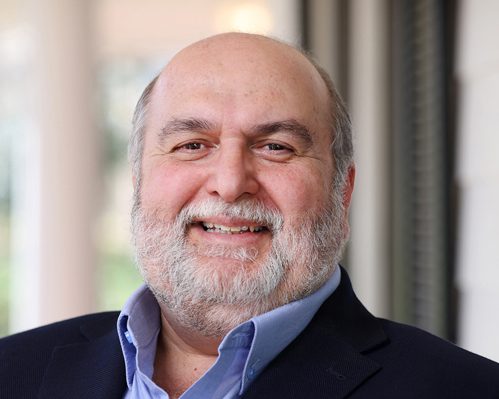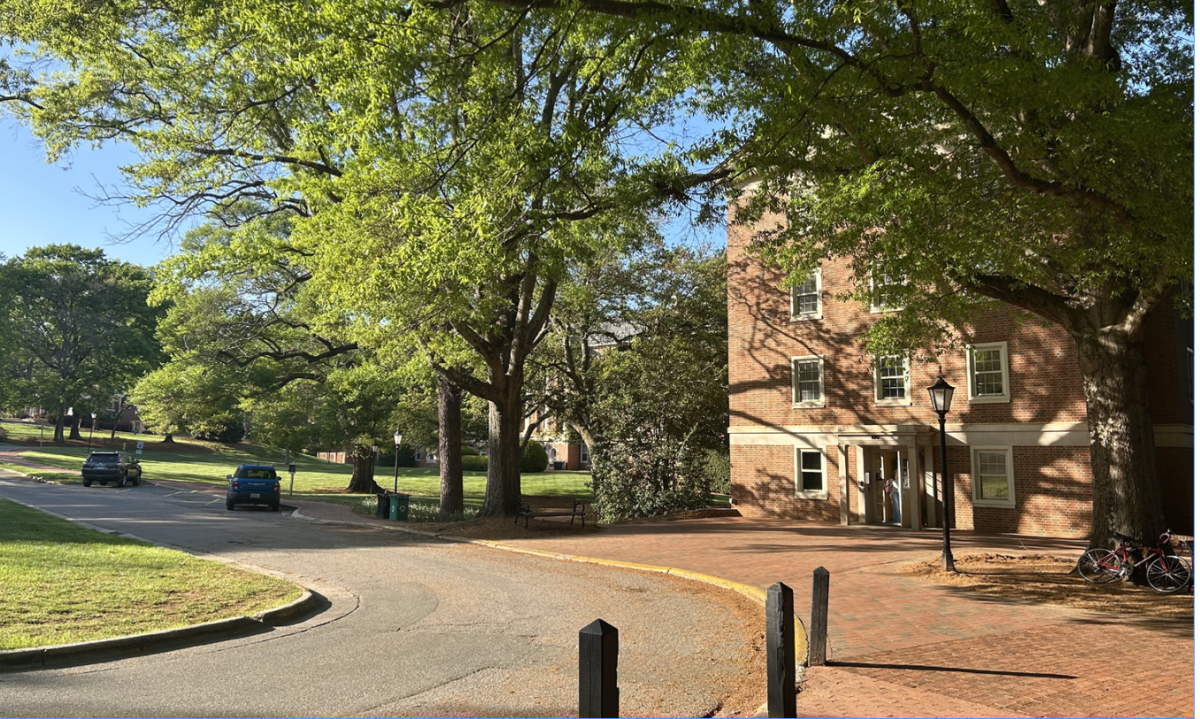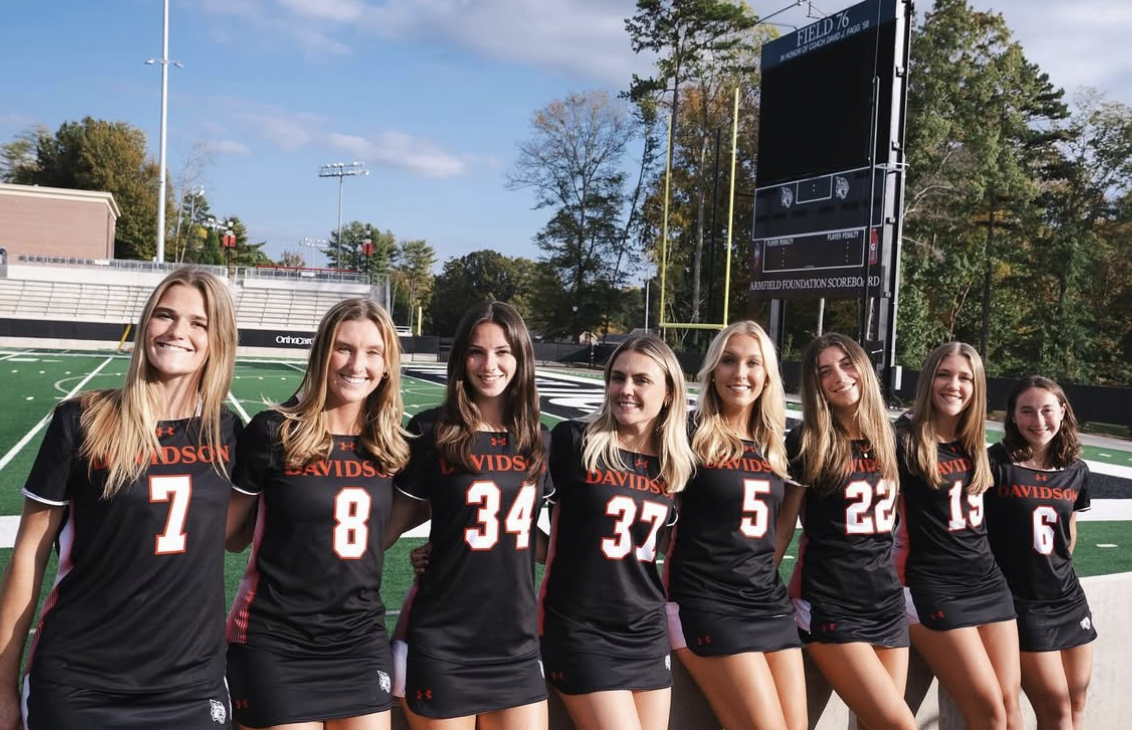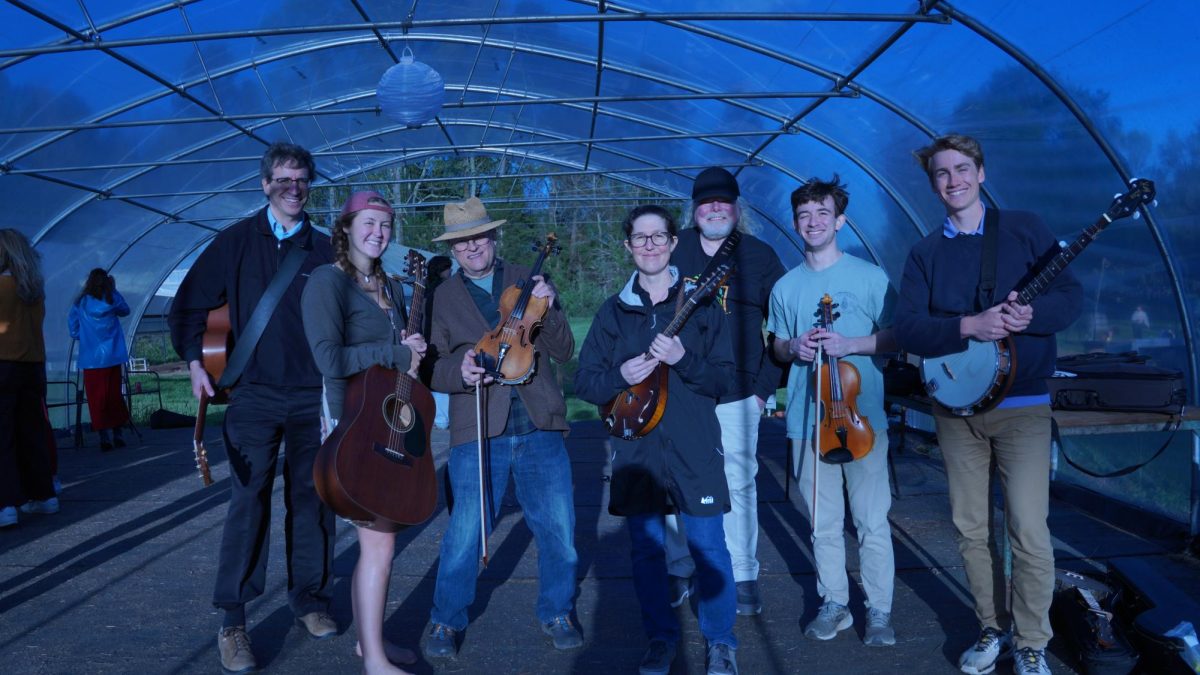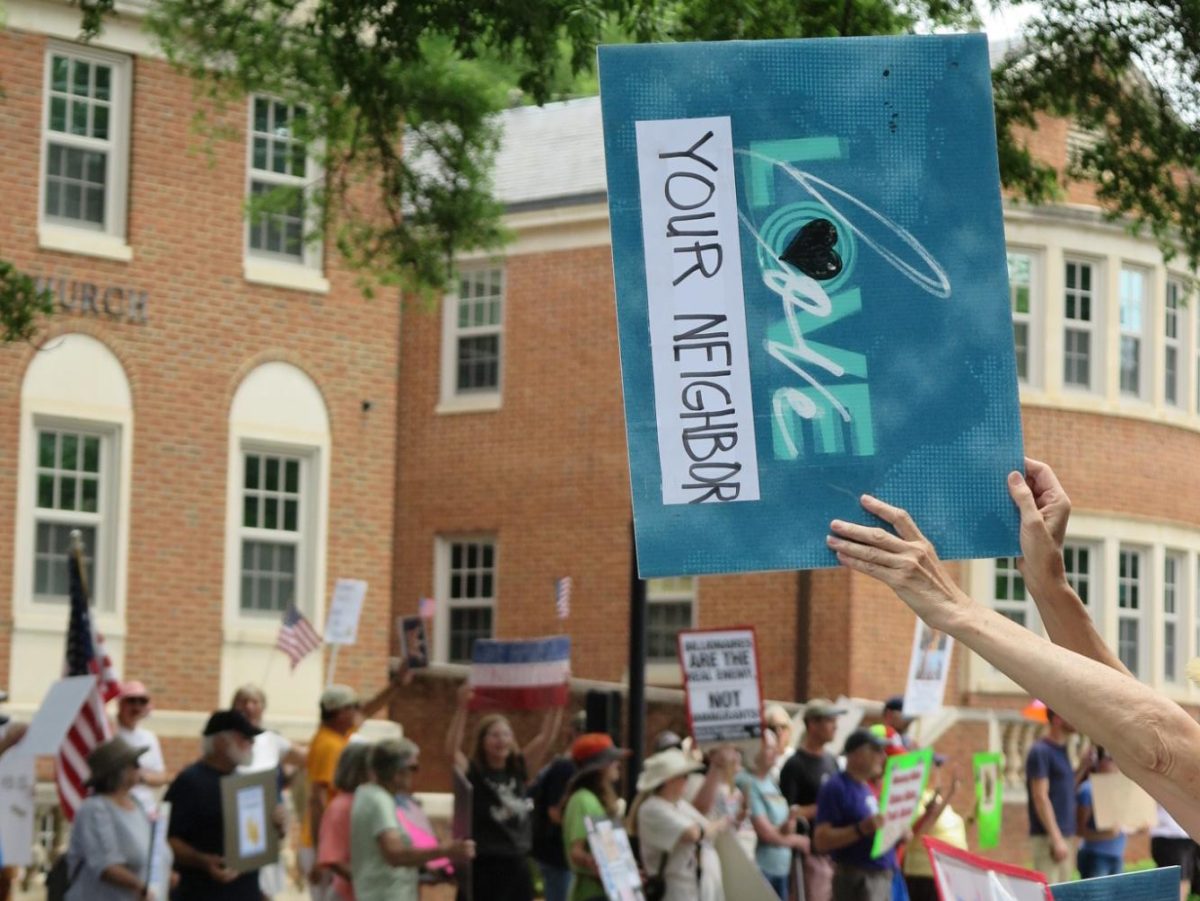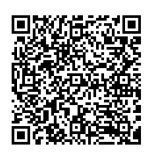Davidson College President Doug Hicks ‘90 hosted a webinar for students, faculty and staff on Monday, April 28 to address community concerns about uncertainty surrounding freedom of expression, federal funding, the status of international students and the state of higher education.
Hicks began by rearticulating Davidson’s Statement of Purpose and the College’s commitment to “assist students in developing humane instincts and disciplined and creative minds for lives of leadership and service.”
Speaking to Davidson’s dual commitments to diversity, equity and inclusion (DEI) initiatives and freedom of expression on campus, Hicks explained that the College is uniquely positioned to discuss controversial topics in a productive manner.
“Our focus on the public good, our focus on mutual respect, our focus on having multiple perspectives has served us well,” Hicks said. “We are not a perfect campus. We are not a perfect group of individuals, and yet we have helped students to have meaningful demonstrations, to have meaningful political and social engagement and to do so, for the large part, in a very mutually respectful way.”
Hicks then turned to the effects of recent federal policy changes at Davidson, discussing disruptions to student and faculty research and potential impacts of a raise to the federal endowment excise tax. The Davidsonian has covered both topics in recent issues.
As part of his efforts to address uncertainty about the future of higher education nationwide, Hicks has met directly with college and university administrators as well as state and federal legislators.
“There’s a concern about the cost of higher education. There’s a concern about indebtedness of students coming out [of college]. There’s a concern that students are graduating from their programs that may be expensive, and […] they’re concerned about the political balance on campuses,” Hicks said.
Davidson aspires to be a counter example. “We want to be a model of what education should be,” Hicks said.
Most recently, Hicks joined a group of college and university presidents in writing a public statement titled “A Call for Constructive Engagement” published April 22, which was sponsored by the American Association of Colleges and Universities and the American Academy of Arts and Sciences. The open letter has “a pretty straightforward message, which says we [as colleges and universities] participate in the public good,” Hicks said.
“We all care about educating people for lives of leadership and service. We all believe in the power of research and we believe in the power of higher education to change lives, to give people opportunity and access to a better life,” Hicks continued.
Leaders of colleges, universities and scholarly societies continue to sign the letter in an act of resistance to the Trump administration’s pressure campaign against higher education institutions. As of April 29, the statement has 562 signatures.
Following his brief statement, Hicks turned to audience questions. Attendees pre-submitted about two-dozen questions, according to Q&A moderator and Interim Vice President for Student Life & Dean of Students Dr. Stacey Riemer.
In one of his answers, Hicks reiterated Davidson’s support for international students, noting that the College continues to monitor their status and that campus police are trained to respond in the event Immigration and Customs Enforcement (ICE) officials come to campus.
Though federal funding freezes have impacted collegiate level research, Hicks notes Davidson is unique because most of the College’s undergraduate research is funded internally. “Most of our funding is not from the federal government. Most of it is from generous donors and from tuition and other sources beyond the government.”
In response to a question about taxpayer funding for institutions allegedly in violation of the Civil Rights Act, Hicks criticized the government’s decision to weaponize allegations of misconduct and emphasized the value of higher education.
“The U.S. taxpayer helps support universities and colleges because universities and colleges provide a public good,” Hicks stated. “Education itself has positive external effects on everyone around in society, and specifically has positive effects on those who graduate and receive that education.”
Perhaps most importantly, amid increasing polarization and criticism of higher education institutions, Hicks’s outreach efforts—in Raleigh, Washington and via Zoom—aim to correct the record about the work Davidson does.
“I’m concerned about counter narratives that somehow attack us, or that caricature what happens on college and university campuses. And that’s not what’s happening here. So we need to tell our story,” Hicks said.
Hicks will host another webinar open to all Davidson College students, employees, alumni, parents and friends on Thursday, May 8 at 8 p.m. EST.

